Tehran, June 16 (V7N) - A new wave of Israeli airstrikes targeting Iranian infrastructure has sparked widespread panic in Tehran, leading to a mass exodus of residents from the capital. As thousands attempt to flee, the city’s major roads and highways have become severely congested, with traffic jams stretching for miles.
According to eyewitness accounts and local reports, the panic began shortly after reports of Israeli drone and missile attacks circulated across Iranian media and social platforms early Monday morning. In response, anxious residents have been seen queuing at gas stations across Tehran, many waiting for hours to fill their vehicles before attempting to leave the city.
The situation at fuel stations has become increasingly chaotic, with long lines of cars snaking around blocks. Some stations reportedly ran out of fuel temporarily due to the overwhelming demand.
The mass departure comes amid heightened tensions in the region, following a series of tit-for-tat escalations between Iran and Israel. While Israeli officials have yet to comment officially on the latest incident, Iranian defense sources claim that key military and communication facilities were among the targets.
Over the past few days, an increasing number of Tehran residents had already begun relocating to surrounding provinces, anticipating further instability. Monday’s strikes appear to have intensified these fears, prompting a more urgent and widespread evacuation effort.
Authorities have urged the public to remain calm and avoid panic. However, with air raid sirens reportedly heard in parts of the city and unconfirmed reports of casualties, public anxiety continues to grow.
The Iranian government has condemned the attacks and vowed to respond, further escalating concerns of a broader regional conflict.
International observers warn that continued strikes could severely destabilize the region and trigger humanitarian consequences if large populations are displaced without adequate planning or resources.
As of now, no formal statement has been issued by the United Nations or major international stakeholders, but diplomatic channels are reportedly active behind the scenes in an effort to de-escalate the crisis.
END/WD/AJ/



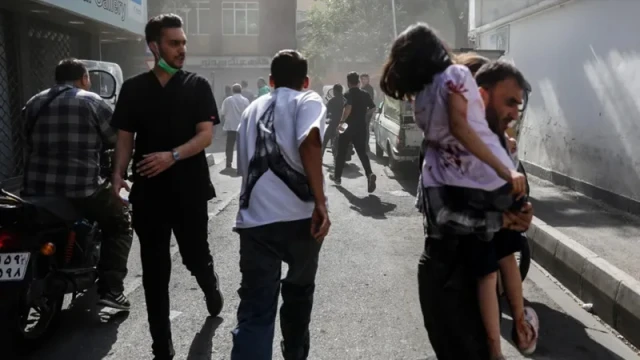

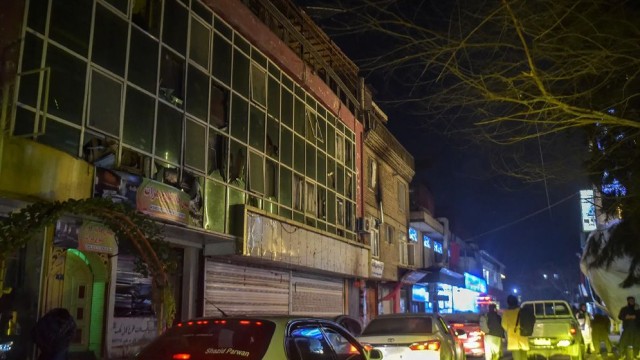
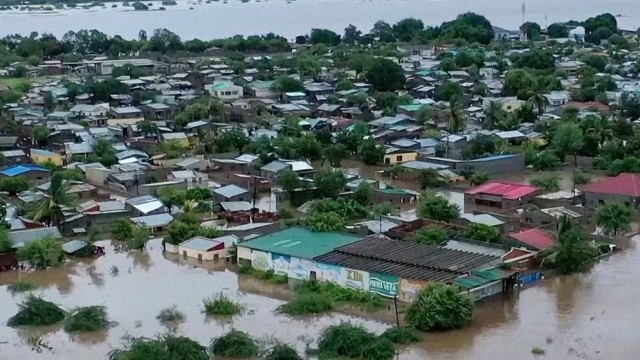

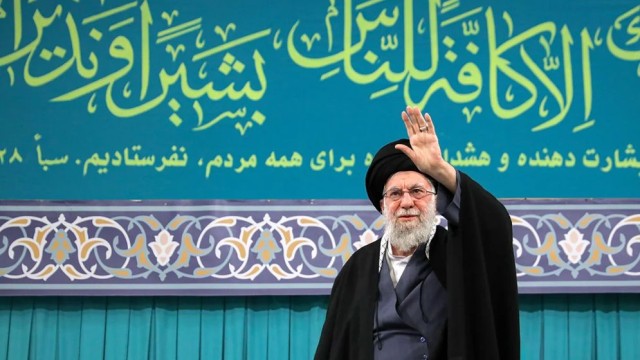
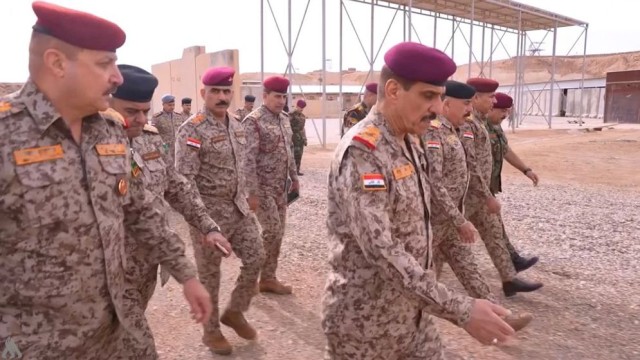
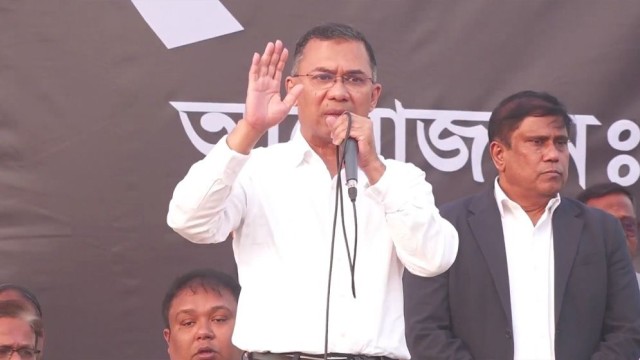
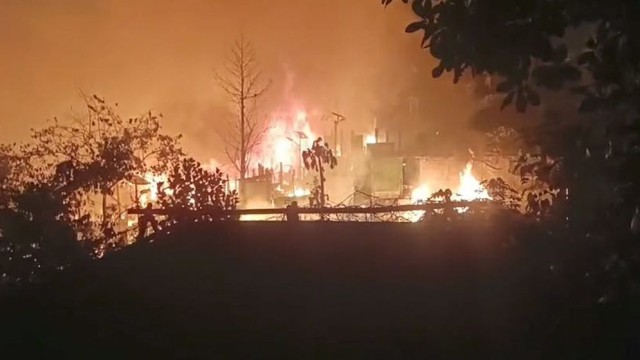


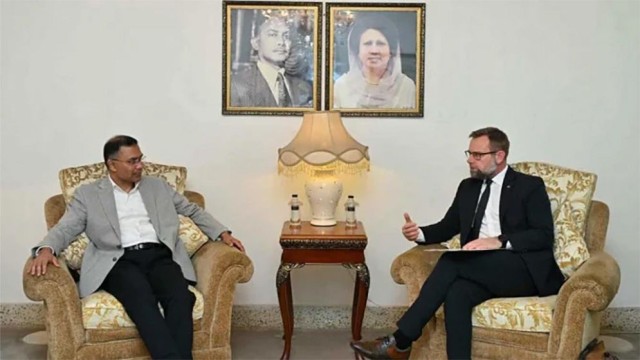

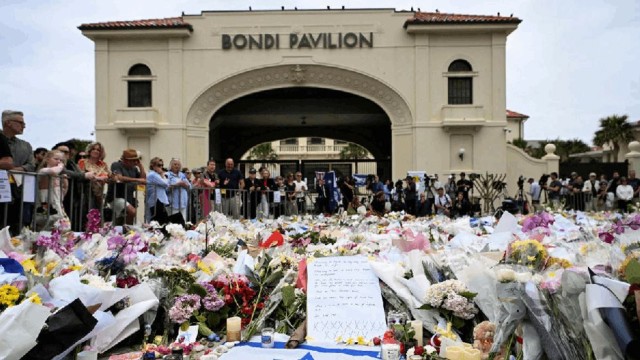
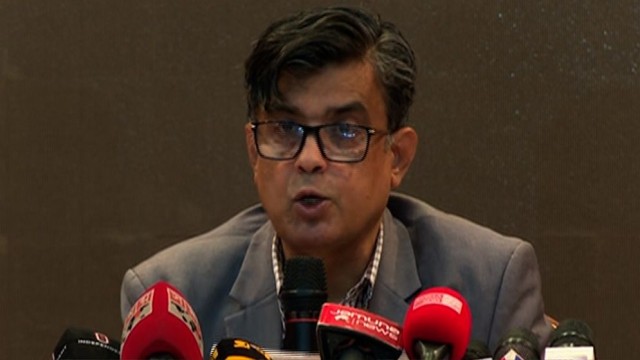

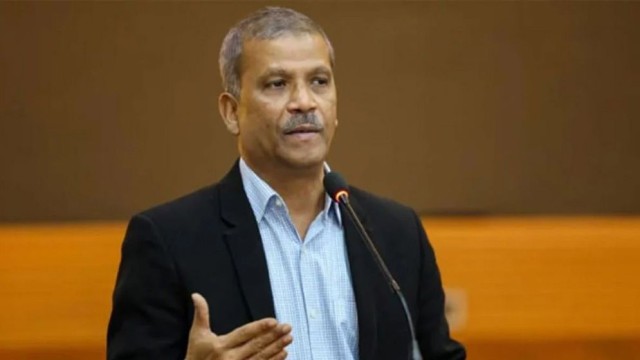


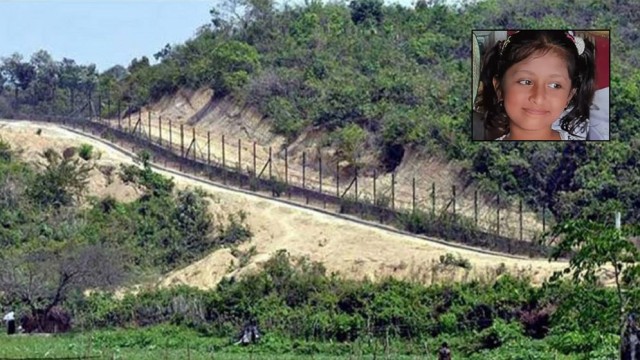



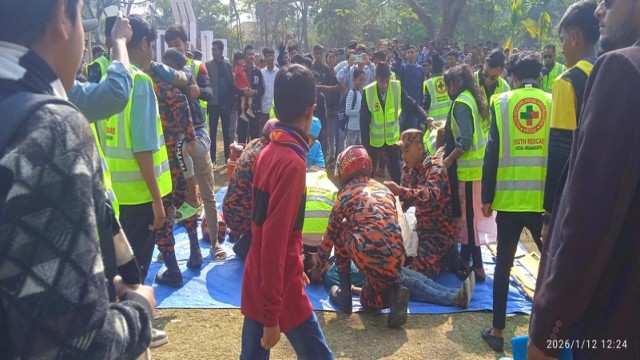

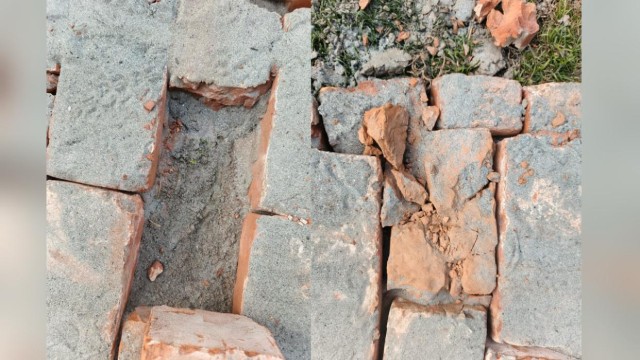
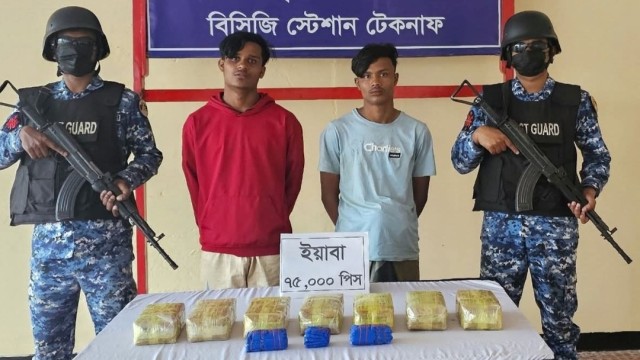

Comment: